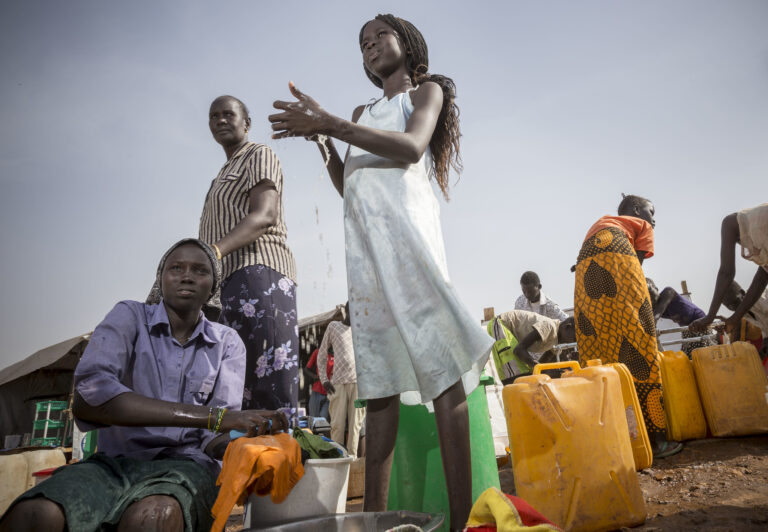Long-term exposure to rising temperatures caused by climate change is putting women in the Middle East and North Africa (MENA) region at a higher risk of developing breast, cervical, ovarian and uterine cancer, according to a recent report published on Frontiers.
The research recommends that climate related risk factors should be incorporated into cancer risk assessments.
Data from 17 countries, including Egypt, Lebanon, and Palestine, showed that for every one-unit increase in temperature, deaths from these four cancers went up by around 87 per cent, with ovarian cancer showing the strongest link.
The study’s lead author, Dr. Wafa Ahmed Mataria from the American University in Cairo, said that “the integration of temperature into cancer surveillance systems will likely vary by country, depending on local context.”
Dr. Mataria also highlighted some challenges to identifying and tackling the risks, including the “limited recognition of climate change as a cancer risk factor” as well as a lack of funding and insufficient public health data in some areas.
Cancer is a leading cause of death in women, who are impacted disproportionately due to social and historical inequalities, particularly in the MENA region.
“While climate change is broadly acknowledged in regional policy,” Dr. Mataria said, “its integration into cancer prevention and women’s health strategies remain limited.”
She added that existing climate-health adaptation efforts worldwide are largely focused on communicable diseases.
As the study shows a correlation rather than a causal link between climate change and cancer, Dr. Mataria has confirmed that they are planning on undertaking more research in this field.
But economic inequalities and reduced access to healthcare in low and middle-income countries in the MENA region make such efforts harder.




